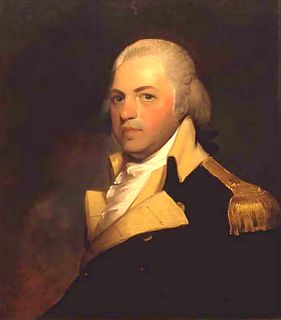A Quote by Charles Caleb Colton
Of all the faculties of the mind, memory is the first that flourishes, and the first that dies.
Related Quotes
Death did not first strike Adam, the first sinful man, nor Cain, the first hypocrite, but Abel, the innocent and righteous. The first soul that met with death, overcame death; the first soul that parted from earth went to heaven. Death argues not displeasure, because he whom God loved best dies first, and the murderer is punished with living.
Probably my first memory of theatre, the first one I guess that had an impact on me was when I saw my very first panto with my Primary School. I think just going there and experience that for the first time, being so young, it's something that's actually stuck with me right up until now. And to think back and to sort of remember that magic and that first little hint of it was brilliant.
Mind dissolves only when you don't choose. And when there is no mind, you are for the first time in your crystal clarity, for the first time in your original freshness. For the first time your real face is encountered. Mind is not there - the divider. Now existence appears as one. Mind has dropped; the barrier between you and existence is no more. Now you can look at existence with no mind. This is how a sage is born. With the mind - the world. With no mind - freedom, MOKSHA, KAIVALYA, NIRVANA. Cessation of the mind is cessation of the world.
It is true that one of the first acts of tyrants is to erase history, to wipe out the recorded memory of a people. With that in mind, it's important to remember that the work that we do as writers, artists and performers will form an essential part of the collective memory that future generations will draw upon. And so we owe it to those future generations to defend that memory and be honest witnesses to our times.
The diversity in the faculties of men, from which the rights of property originate, is not less an insuperable obstacle to a uniformity of interests. The protection of these faculties is the first object of government. From the protection of different and unequal faculties of acquiring property, the possession of different degrees and kinds of property immediately results; and from the influence of these on the sentiments and views of the respective proprietors, ensues a division of the society into different interests and parties.





































